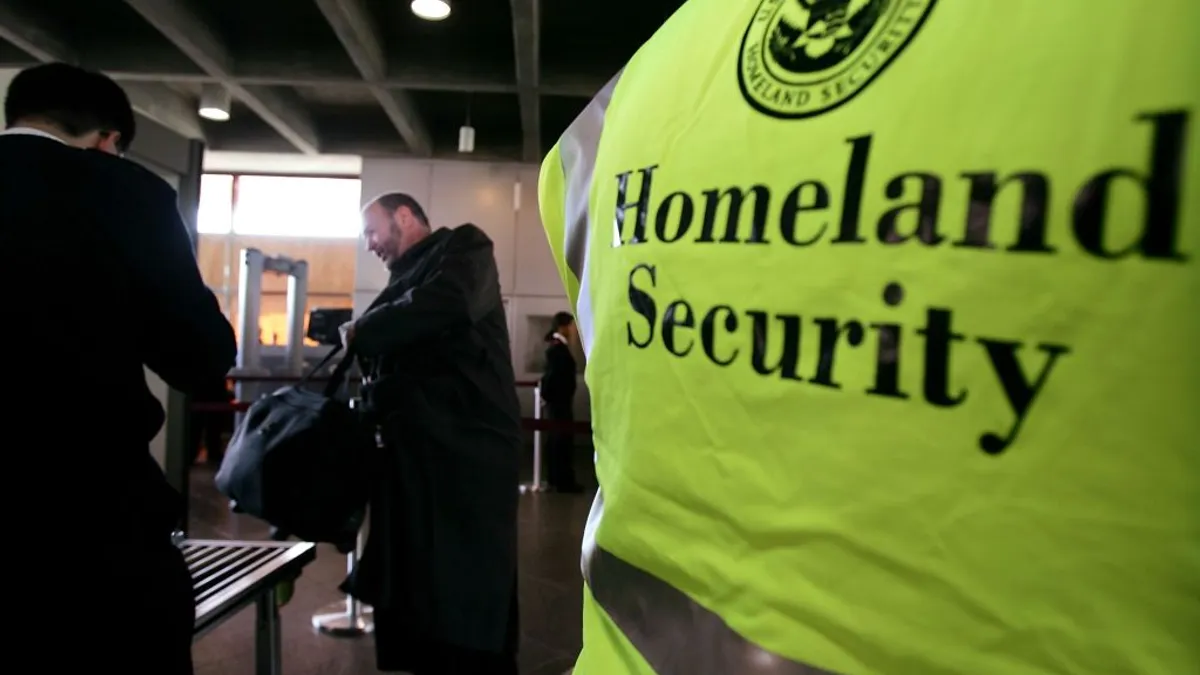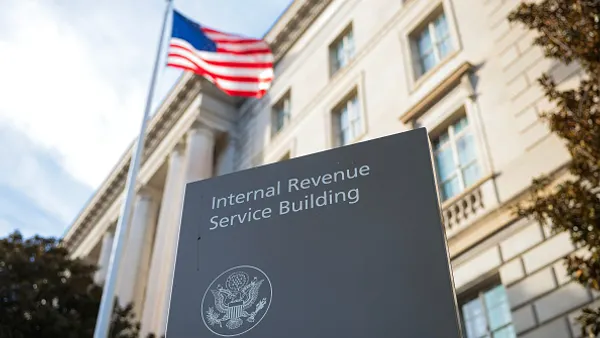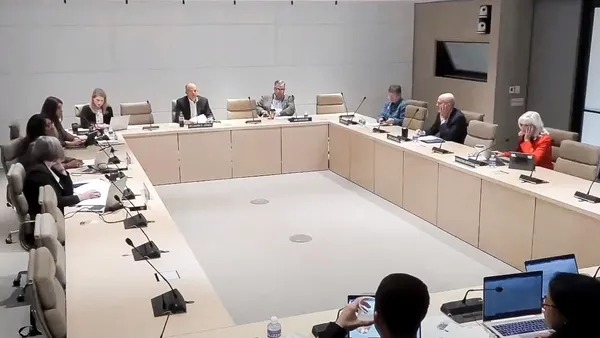The U.S. Department of Homeland Security proposed to update the process by which it selects H-1B visa petitions in an attempted revival of policy changes introduced during the first Trump administration.
Under the proposed rule, DHS would weight registrations for the skilled worker visas based on the equivalent wage level that an employer offers to pay a visa recipient. The rule outlines a four-tier scale into which DHS would sort registrations. Higher-paying offers would be placed at the higher end of the scale and receive a greater number of entries into the agency’s “lottery” than those at the lower end.
The agency said each unique beneficiary would only be counted once toward its numerical allocation projections regardless of how many registrations a beneficiary submits or how many times the beneficiary is entered into the lottery. Additionally, the new process would not alter the prevailing wage level associated with a given position, DHS said.
“Through the proposed regulatory revisions, DHS aims to implement the numerical cap in a way that incentivizes employers to offer higher wages, or to petition for positions requiring higher skills and higher skilled aliens, that are commensurate with higher wage levels,” the agency added. “The proposed process would favor the allocation of H-1B visas to higher skilled and higher paid aliens, while maintaining the opportunity for employers to secure H-1B workers at all wage levels.”
The proposal is a partial return to the policies of the first Trump administration, which had issued a 2021 final rule overhauling the H-1B selection process to prioritize petitions with higher wage offers under a similar tiered system. Unlike the proposal announced Tuesday, however, the 2020 rule would have replaced DHS’ lottery-based selection process entirely.
DHS ultimately delayed the effective date of the 2021 rule before rescinding it entirely after former President Joe Biden assumed office. The Biden administration would later publish its own final rule in 2024 updating the selection process for H-1B registrations to select those registrations by unique beneficiary rather than by individual registration.
Tuesday’s announcement follows a separate major overhaul of the H-1B visa program launched last weekend in the form of a $100,000 fee requirement for all new H-1B petitions. The change drew swift responses from employers who utilize the program, including those in the technology sector, CFO Dive reported.
The payment requirement is expected to affect both international firms based in the U.S. as well as domestic companies, Jeanette Ryan, head of compliance at international HR consulting firm ECA Group, told CFO Dive sister publication HR Dive in an email.
Ryan said employers would need to budget for the increased fees and monitor for future updates, adding that tech employers “could potentially have to restructure their hiring, and training and development strategies, as they may find it difficult to source American workers with the required skill sets and qualifications to fill skilled vacancies.”
In a Sept. 20 blog post, Jackson Lewis attorneys wrote that the $100,000 fee would likely be met with legal challenges. “It is likely that an injunction will be sought which, if entered, would stay implementation of the Proclamation while litigation proceeds,” the attorneys said.

















